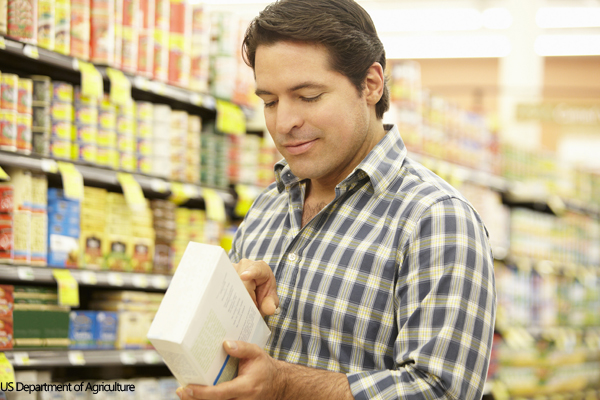A new report by Cadent Consulting estimates private label dollar shares will increase up to 25.7 percent by 2027, growing more than 8 percent from where it is currently. Grocers across the US are already investing in growing their private label brands.
As retailers continue to provide a wide range of private label products in their stores, the potential for sales growth increases significantly. A key factor in this increase of sales is the diversity of products that private grocery brands have been producing. Shoppers now have the option to select a cheaper, yet good quality counterpart of their favorite foods. Store brand options are now expanding into the perimeter departments like bakery, deli, meat, seafood and prepared foods, allowing consumers to have the opportunity to purchase at least one store brand product on their grocery shopping trip.
Some companies are even hoping to overtake national brands. During an earnings call with market analysts, Kroger CEO Rodney McMullen said the company had commissioned an independent third party to conduct research on its private label products and compare them to national competitors. This study included blind taste tests with national brands and other private label foods. The research concluded that the most-preferred brands sold in Kroger were their own.
“Our brands outperformed competitive national brand and other private label products almost 100% of the time,” said McMullen.
“Of course, our journey is never done so our customers will continue to see rising quality and better value on our brand products in the future,” he added. “By having brands our customers love that are only available from us, we gain loyalty and advocacy from our customers.”
Kroger generates more than $20 billion a year from its private label brands. Currently, store brands make up 25.6 percent of their sales and 28 percent of units sold. In just three years, Kroger has grown its Simple Truth natural and organic label into a $1.6 billion brand. The company also recently launched a meal kit line named Prep+Pared.
As Aldi and Lidl expand their footprints nationwide, private label sales are also expected to increase. Their exclusive award-winning brands dominate up to 90% of their selection.
E-commerce is another avenue for private label sales growth. Amazon seems to be immersing itself in the e-commerce grocery landscape after acquiring Whole Foods. The online retailer has introduced private labels like Happy Belly and Wickedly Prime. Recent reports about Amazon’s profit on Whole Foods’ private labels have been circulating, which suggests the company sold about $1.6 billion worth of private label goods since it assumed ownership in August this year.
San Francisco-based startup Brandless has started to sell 115 generic, health-conscious and environmentally friendly products such as toothpaste and organic agave nectar online. Walmart-acquired Jet.com has grown its variety of Uniquely J products with edgy packaging designed to target urban millennials.
Last year, nearly one in five items sold in US supermarkets were private label products according to Neilson data. In Europe, the projected market share for store brand products have reached record highs. In the UK, private label products own 45 percent market share in grocery. Six other countries – Germany, Austria, Belgium, Switzerland, Spain and Portugal – have private label market shares that are over 40 percent. It’s likely that large supermarkets in the US are trying to catch up to their international counter parts.












Join or login to leave a comment
JOIN LOGIN